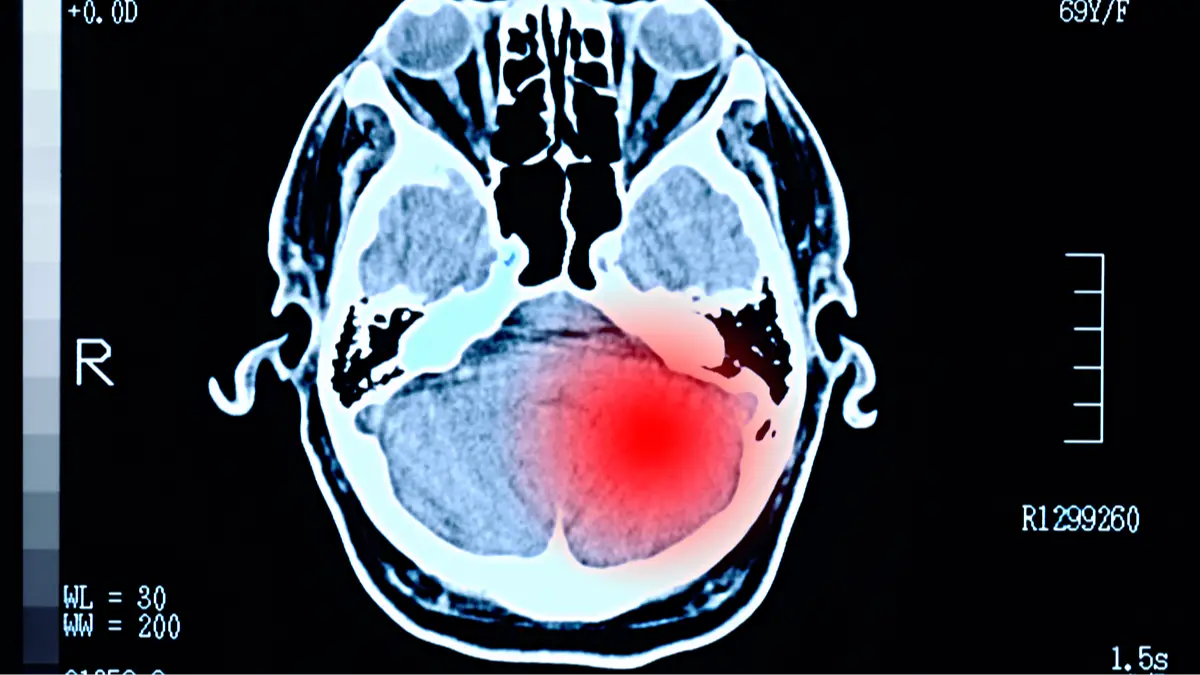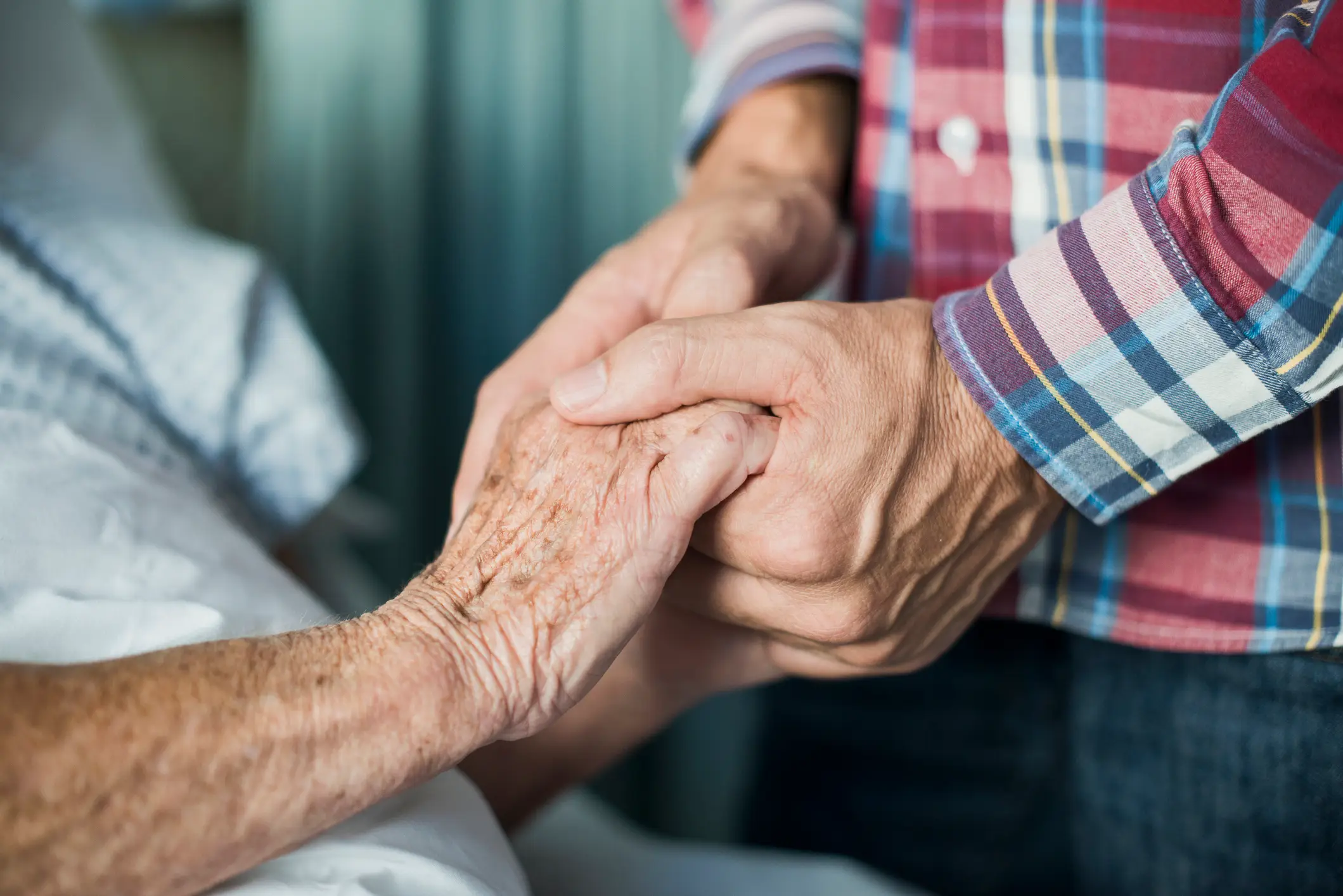
A doctor has said that if you can't do this simple hand test, then you should go get checked out.
There are many ways people monitor their health. From scans and frequent doctor's appointments, to blood and urine tests – there are dozens of textbook ways to check that you're fit and healthy.
But this 30-second hand technique probably wasn't on your radar as a means to keep and eye on your wellbeing.
Demonstrating it, a London-based doctor, who goes by Medifectious on TikTok, showed his thousands of followers the straight-forward technique. The clip has been viewed over 185,000 people on the popular video sharing app.
Advert

To do the test, you put out one of your palms flat and put the other one on top it and flip it from the back of your hand to the palm (kind of like if you were holding a fish out of water).
"If you can't do this, then you might want to get yourself checked,"' the doctor said after showing how to do the test.
He went on to explain that the test is a indicator of dysdiadochokinesis, which is a medical term used to describe difficulty performing quick and alternating movements, explains Healthline.
This condition can be a sign of a handful of different brain-related problems including multiple sclerosis (MS), Friedreich's ataxia — a neurodegenerative disorder that primarily affects the nervous system — or a cerebellar lesion.
The TikToker continued to note that if an elderly person in particular was struggling to the do the test, it could be a sign that they're having a stroke.
READ MORE:
TWO-MINUTE TEST CAN TELL IF YOU HAD ADHD
SIMPLE SPONGE TEST CAN HELP FIND CANCER 'HIDING IN PLAIN SIGHT'

Dysdiadochokinesis has also reportedly been linked to brain tumors. Max Healthcare says that 'it can be caused by a number of disorders that have the credibility of damaging the cerebellum'.
It continued: "For example, metabolic dysfunction, inflammatory illness, infections, vascular tissues, and brain tumours can affect the cerebellum of the human brain. The cerebellum can also be harmed by inherited brain diseases, including Huntington's disease and Parkinson's disease."
Dysdiadochokinesis can affect muscles in the body, including lower and upper limbs, as well as muscles that control speech.
General symptoms include poor coordination between the hands, arms, and legs, change in balance, slowness, awkward rigid movements, incomprehensible speech, and difficulty changing direction.